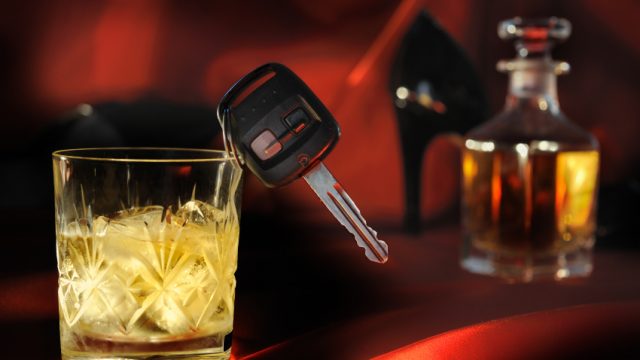Do North Dakota's New DUI Laws Violate The 4th Amendment?

The North Dakota Supreme Court is considering two cases related refusal to submit to a chemical blood alcohol test in DUI cases.
Defense attorneys are arguing that the state’s switch in punishment for refusing the test from a civil penalty – drivers license revoked – to a criminal penalty – convicted of a criminal offense on-par with a DUI – violates the 4th amendment.
The change was part of the Legislature’s ill-advised reforms to DUI laws last year (which also had the side effect of exacerbating the state’s prison space shortage problem).
“The state of North Dakota has made it a crime to refuse a warrantless blood test, breath test and urine test,” attorney Dan Herbel argues, according to the Fargo Forum.
That seems like a sound argument to me. The government treats driving as a privilege. If you have your driving privileges revoked for something like refusing a blood alcohol test, that is considered a civil penalty. That left the government room to claim that nobody was being punished for exercising their right to refuse an unreasonable, un-warranted search. Because driving is a privilege, and not a right, it can be removed on a whim by the government.
But when refusing a search is moved from the sphere of civil law to criminal law, it is a much different matter. It will be interesting to see how the Supreme Court rules.
That being said, I wonder if even the notion that driving is a “privilege” holds up to scrutiny?
The government has a monopoly on the roads. For most of us, government roads (not to mention government sidewalks) lead right up to our homes. As a practical matter, it is impossible to travel at all without using government roads in some fashion.
Given that reality, can the government really argue that driving is a privilege and not a right?




